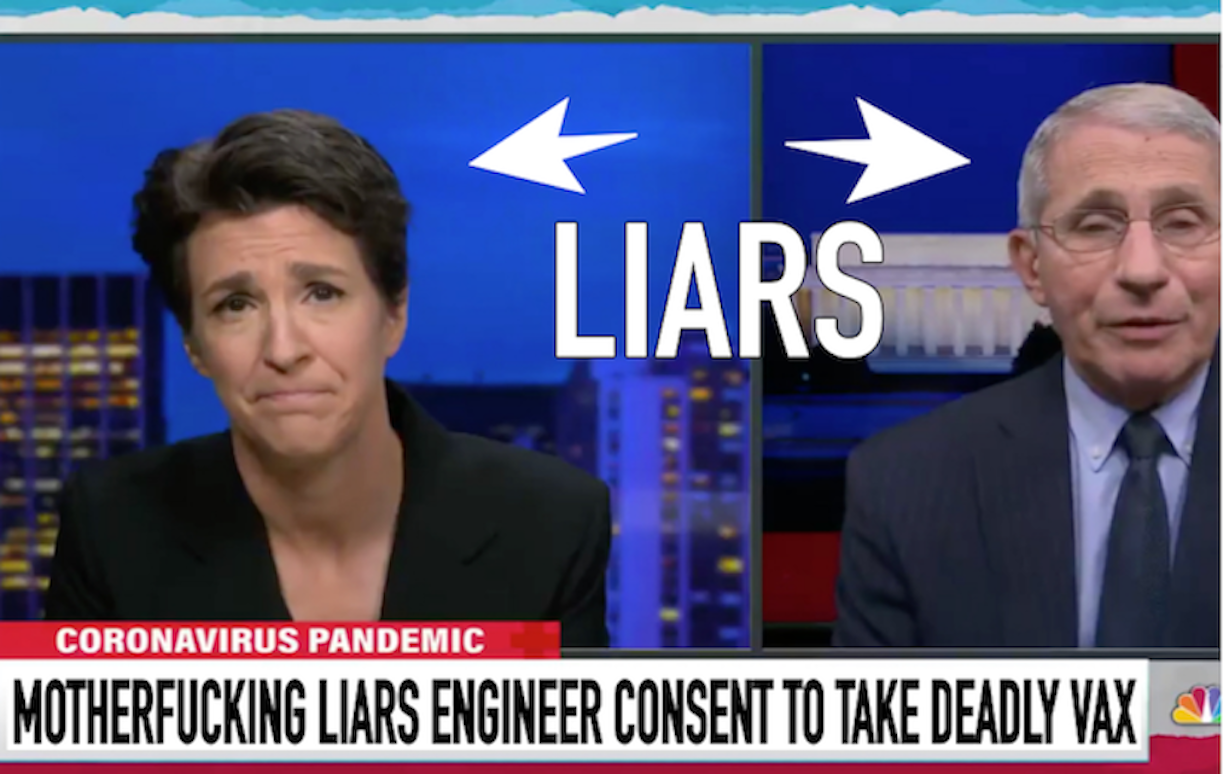Quality of Citizenship Low: Study Shows that the Liberal, Black Govt in DC Targets and Profits Off Blacks Residents by Issuing Most Traffic Tickets in Black Areas, Causing Hardship, Loss of Liberty
/From [HERE] Garry Scott, 68, vaguely remembers the first ticket he got after moving to D.C. It was almost a decade ago. It was probably an infraction for not having a residential parking permit, he says.
He figured he would pay it later.
But a few days later, another ticket appeared. Then another. Then a few more got stuck to his windshield.
“At one point I had six tickets on my window,” he said.
The fines doubled when Scott, who has a limited income, failed to pay the tickets on time. The growing unpaid fees spiraled Scott into bankruptcy, unemployment and eventually homelessness. Today, Scott owes the city more than $5,000 — all for unpaid driving or parking tickets.
“It feels like a million,” he said.
Scott is among the D.C. residents disproportionately affected by a ticketing and traffic enforcement system that critics say traps people with debilitating fees and fines and preys on the working class and people of color.
The Washington Post collected five years of traffic and parking enforcement data, containing more than 10 million records of infractions given to motorists during those years. The data, obtained from records requests to the District, was merged with data from the U.S. Census to illustrate how tickets are enforced throughout the city and the effect the policy has on specific communities.
A Washington Post analysis of traffic tickets the District issued from 2016 through 2020 shows that 62 percent of all the fines from automated systems and D.C. police — $467 million — were issued in neighborhoods where Black residents make up at least 70 percent of the population and where the average median household income is below $50,000. In overwhelmingly White and financially well-off census tracts, where average median household income levels are above $100,000, the city issued about $95.9 million in infractions.
The data also shows that, outside of downtown and commercial corridors, the average annual fines of $7.6 million in parking tickets issued in Black neighborhoods were nearly double compared with the $4.1 million in White neighborhoods — even though census data indicates predominantly Black neighborhoods have less than a third of the city’s driving-age residents.
And during the pandemic, when unemployment soared and the Department of Public Works eased or paused enforcement of parking restrictions, disparities remained, according to a Post analysis of the data. D.C. police issued more than $3.2 million in traffic infraction tickets to Black motorists from March 2020 through June 2021. For White motorists, it was $569,700. Last year, automated systems generally operated by the Department of Transportation issued more than $110 million in tickets in neighborhoods where Black residents made up 70 percent of the population, and $24 million where the residents were mostly White.
Advocates for changing the District’s system of fees and fines say the disparities show that the city’s ticketing and traffic enforcement policies not only target Black drivers but criminalize poverty. When a person in the District cannot pay their infractions, the amounts double. The city can then put a hold on license and vehicle renewals and registrations before calling on debt collection agencies that tack on additional surcharges to capture overdue fines. The result over time becomes a financial and bureaucratic black hole where people like Scott lose their vehicles and jobs, making it that much more difficult to crawl out of debt.
Following last year’s racial reckoning over policing nationwide, the discrepancies in ticketing have again become part of the debate over law enforcement reform and renewed calls locally for an overhaul of the District’s policies.
“This ticket system we have in the District is crippling the finances of poor and working-class Black and Brown families,” said council member Trayon White Sr. (D-Ward 8), who has been an advocate of ticket reform since joining the council in 2017. “The average person doesn’t have an additional $300 in discretionary funds to pay to a government that has a $500 million dollar surplus during a pandemic.”
Outside of the District’s adjudication service center tucked inside the back of a shopping center in Southeast Washington, each patron seeking to pay off parking and traffic tickets one afternoon in late March was Black.
Scott is familiar with this office, becoming a regular visitor trying to pay off and fight tickets since he first moved to the area from Indiana in 2013, after retiring from the Air Force.
“They just kept coming in and that led to me being homeless,” he said. “I had never seen tickets starting out at $150 in my life.”
Scott purchased a new car in 2016, but the overdue citations prevented him from registering his vehicle, which he needed to get to work each day — a job he hoped would pay for those tickets. The debt led to a series of tough choices for the veteran, who lives in affordable housing and has dialysis appointments at least twice a week. He lost his job coaching a youth football team, as well as his car and filed for bankruptcy, which only temporarily stopped citations collections.
“And everything just went downhill,” he said.
Although the most recent census data, from 2019, shows that White people in the Washington area are more likely to drive, and the number of White and Black residents of driving age in the District is almost equal, there are deep disparities between who gets a ticket and is fined. And city data shows that more than half of all active vehicle registrations are in White-majority Zip codes.
Regionwide, of the 2.6 million people who commute, 52 percent of residents who drive to work are White and 26 percent are Black. But since July 2019, more than 67 percent of ticket fines issued by police officers have been given to Black motorists, according to D.C. police data analyzed by The Post.
Data analyzed by The Post also shows that Black-majority communities each year from 2016 through 2019 in the District have been fined on average more than $2.6 million in citations for violations such as expired registrations, licenses and inspection stickers — often indicators of poverty. White-majority areas have averaged just above $652,000 within the same time frame.
The office of Mayor Muriel E. Bowser (D), the Department of Public Works and the Department of Motor Vehicles did not respond to multiple requests for comment. D.C. police also have not provided comment to The Post.
The Department of Transportation, which selects the location of automated cameras, declined to comment on The Post’s findings, but in a 2021 report the agency noted that the automated systems are placed in areas of high traffic and related crashes.
D.C.-based attorney Sean Riley protects motorists from losing their license by fighting tickets in the courtroom and helping them avoid accumulating infraction points on their record that could lead to license suspension. Most of the people in the courtrooms are typically Black or non-White, he said. Riley says the discrepancy isn’t that White people aren’t committing traffic infractions, but rather they aren’t being stopped as frequently when they do.
“Police have broad discretion whether they can pull you over,” he said. “Once they pull you over, they decide you get a ticket.” [MORE]





























































































































































































































































































